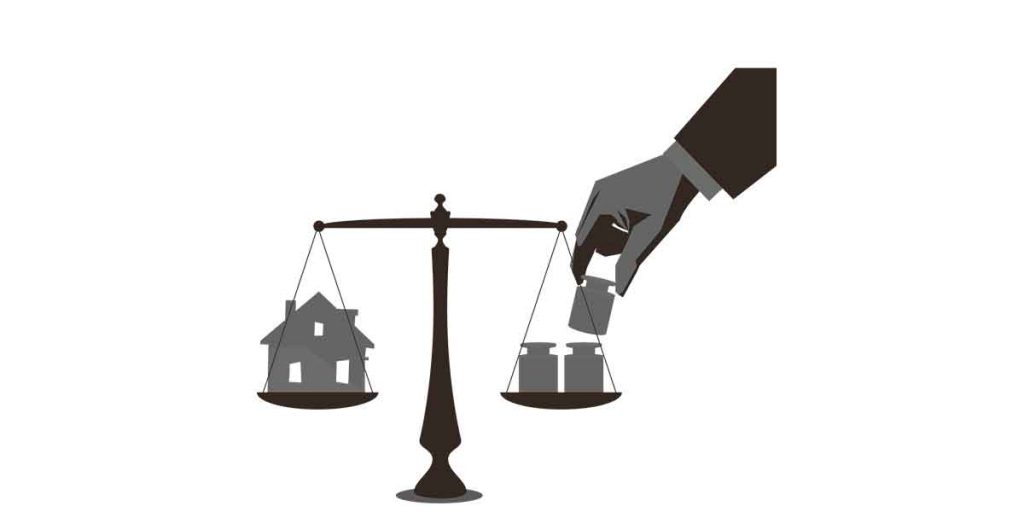You can’t talk about estate planning without mentioning either a will or a trust, or both. If you are to create a good estate plan, you must leverage these two legal documents. Because a trust and a will perform similar roles, some people often believe them to be synonymous. They believe that a will can replace a trust and vice versa. This is one of those misconceptions that surrounds estate planning. A will can’t take the place of a trust neither can a trust take the place of a will. For instance, a will cannot help reduce estate taxes but a trust can. One of the main reasons a lawyer will advise you to create a trust is to reduce estate taxes. They can be huge, you know.
Let’s take a brief look at what a Trust and a Will is.
What is a trust?
A trust can be seen as a legal train used to pass ownership to a third party (trustee) who holds the assets and later transfers ownership to the beneficiaries of the trust. This legal document can help shield your assets from taxes and the probate process. It can help lessen paperwork and can make the transfer of assets less difficult. It is important you note that not all assets can be included in a trust. Assets like cash accounts, valuable personal properties, etc. can go into a trust whereas assets like insurance, health savings account and medical savings account are not to be included in a trust.
To create a trust, you will need the assistance of a competent estate planning attorney or a trust attorney. The two primary types of living trust are the Irrevocable and Irrevocable trust.
What is a will?
A will is very common. This is a legal document that indicates how you want your assets to be managed and shared. It states the beneficiaries of your assets, it contains the name of your children’s guardian, the name of your estate executor, etc. A will is a very significant estate planning document as it allows you to express your wishes regarding your assets in a lucid manner.
What are the difference between a trust and a will?
A will needs probate a trust doesn’t
A will needs to undergo probate before the transfer of assets can take place. Probate is a court process done to determine the authenticity of a will. This process is dreaded by estate owners and estate beneficiaries because it takes time and it can be expensive. A trust, on the other hand, doesn’t require probate. In fact one of the reasons a trust is created is to avoid probate.
A will doesn’t provide for life and death
A will come into effect when the testator dies. It can’t be used to plan for the disability or incapacitation of the testator. If the owner of a will become incapacitated before he or she dies, the family members will have to visit the court to request that a guardian is chosen to oversee the affairs of the testator. This process can be stressful and expensive. A trust, on the other hand, has provisions for disability. So in case the grantor becomes incapacitated before death, everything will be taken care of based on the terms of the trust.
Contact an Attorney to prepare your will or Trust
A trust and a will are two important legal documents. You will need the help of a professional when creating these documents.
Remember, a trust isn’t a will that can easily be created with the help of an online tool. You will need someone with experience if you wish to create a trust that conforms to your wishes regarding your assets and your estate in general. You will also need the help of an attorney to create an error-free will. Don’t leverage online tools, they may not get the job done for you as you want.
An estate planning attorney is your go-to professional when in need of estate planning advice and when you also need to create a trust (revocable or irrevocable) and a will. They boast of the experience and knowledge to assist you. They can also offer you valuable advice when needed. Contact us and we’ll provide you with the best estate planning attorney for your trust.







